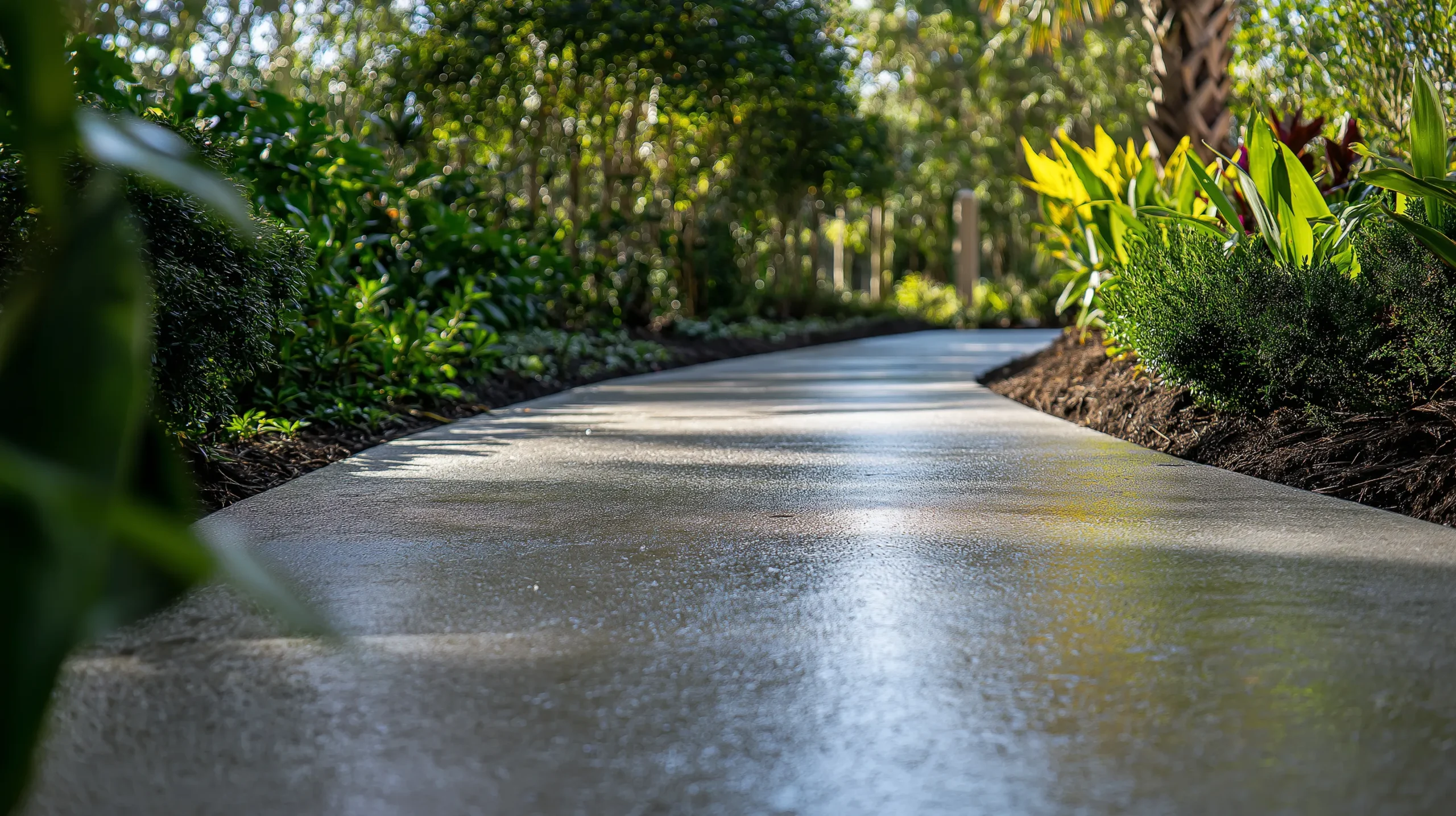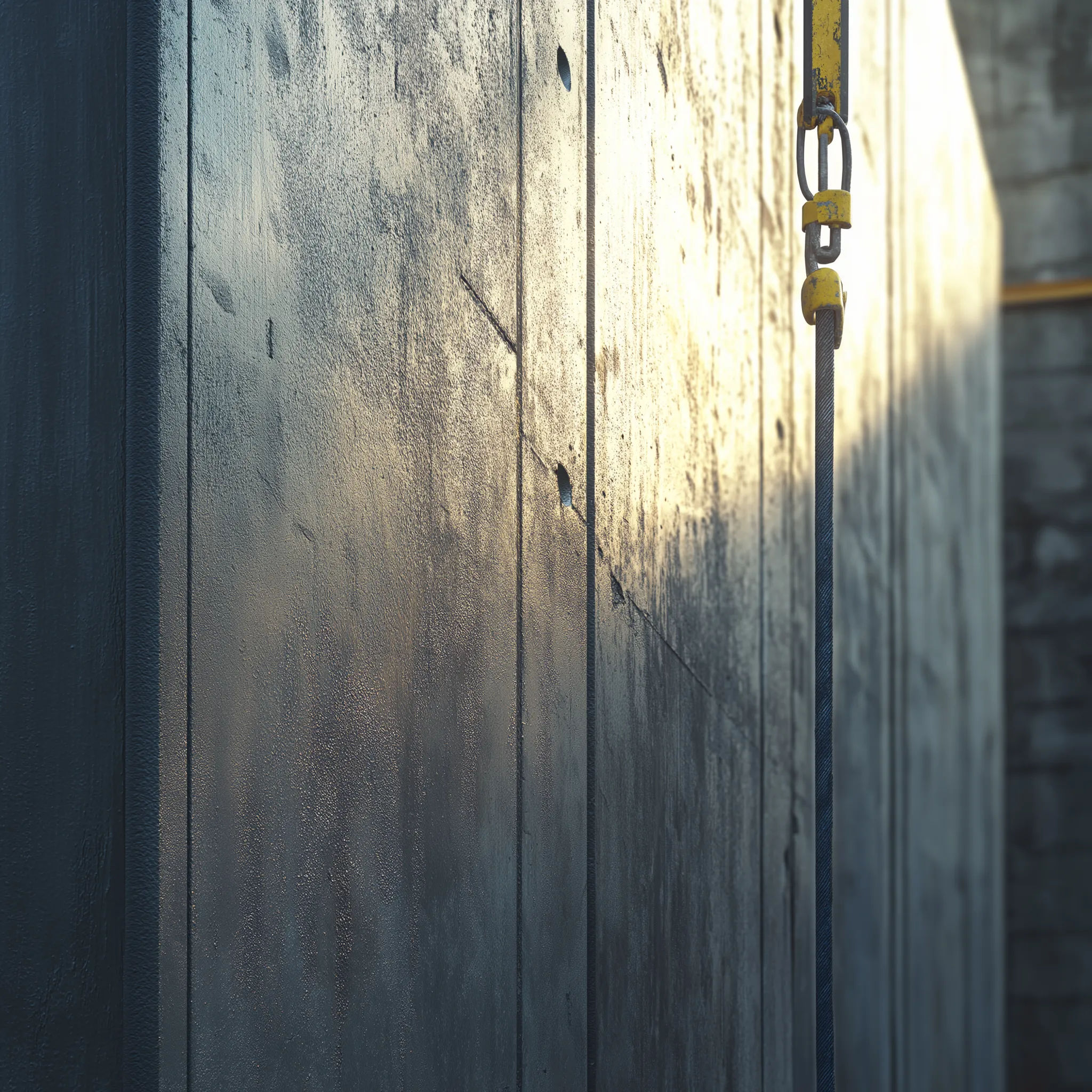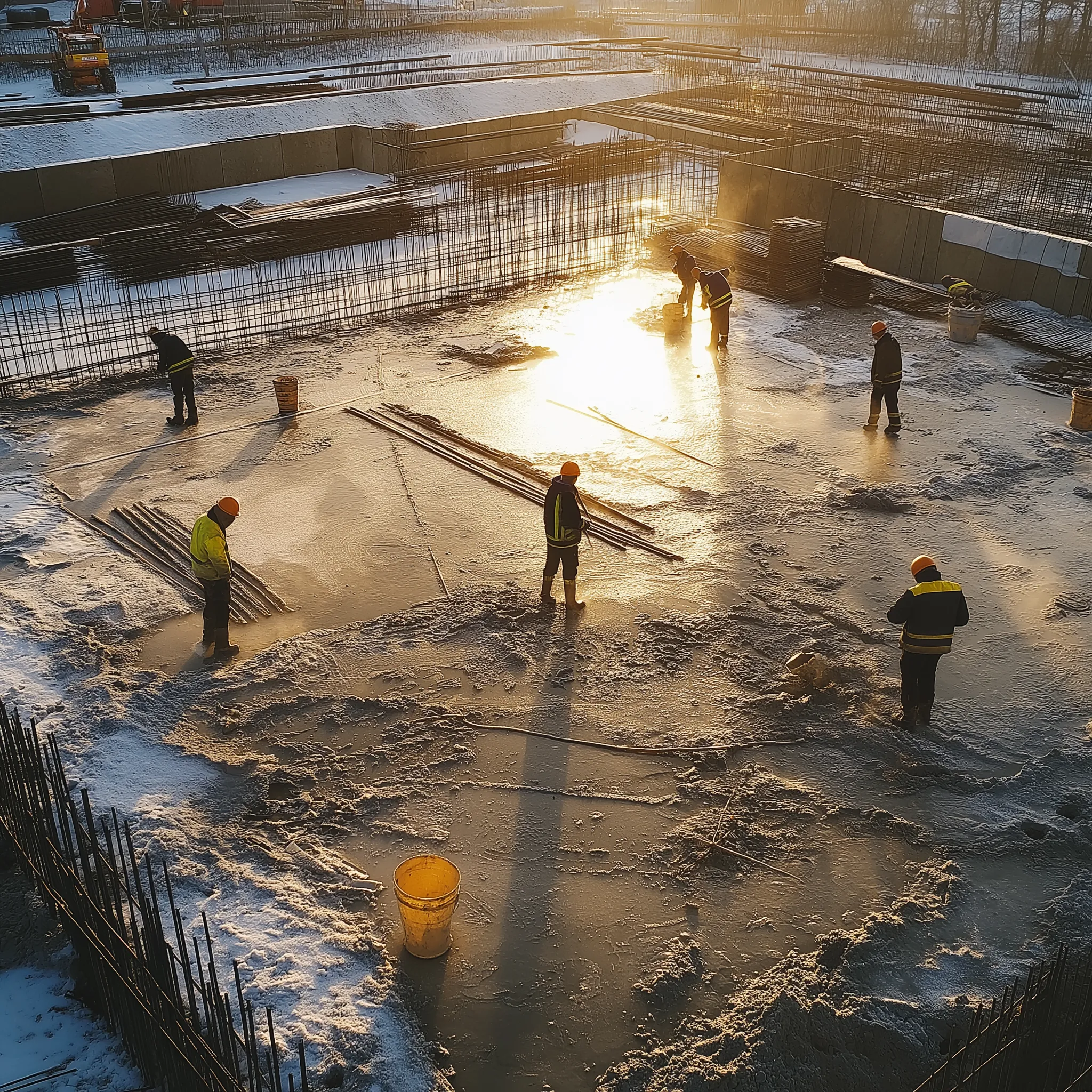Concrete construction doesn’t stop when the temperature drops. But cold weather can introduce a host of complications to the concrete curing process. Understanding these challenges and utilizing best practices can ensure the longevity and strength of your concrete work, even in the chilliest conditions. Let’s discuss the primary concerns when working with concrete in cold weather and how SpecChem’s range of winter-friendly products can be your solution.
Challenges in Cold Weather Construction
- Delayed Setting Time: As the temperature drops, the hydration reaction that causes concrete to set can slow down. This increased setting time can affect the project timeline and leave the concrete vulnerable to damage.
- Reduced Strength: Concrete that’s exposed to freezing temperatures soon after being placed can suffer from a drastic reduction in strength. Ice formation can disrupt the bond between the cement paste and the aggregates.
- Surface Damage: Freeze-thaw cycles can cause scaling or flaking on the concrete surface. This not only impacts the aesthetic but can also compromise the structural integrity.
- Improper Curing: Cold weather can lead to the rapid evaporation of the water necessary for the hydration process, resulting in an improperly cured and weaker concrete structure.
Best Practices for Cold Weather Curing
- Preparation is Key: Before pouring, ensure that ground temperatures are above freezing. Use heaters or heated enclosures if necessary.
- Modify the Mix: Consider using a mix designed for cold weather. This might include a lower water-to-cement ratio, the use of warm water, or even chemical accelerators to speed up the set time.
- Monitor Temperature Closely: Use temperature monitoring devices to keep an eye on both the ambient temperature and the temperature of the concrete itself. Aim to keep the concrete above 50°F for the first 48 hours and above freezing for at least seven days.
- Protect the Surface: Use insulating blankets or covers to protect the concrete from cold air, precipitation, and freeze-thaw cycles.
- Leverage SpecChem’s Winter Solutions: SpecChem’s Accelerating Admixtures are formulated specifically for use in cold weather to speed up setting time and help protect against freezing by accelerating early strength gain. By reaching higher strength sooner in cold weather, SpecChem’s Accelerating Admixtures reduce the potential for freeze damage. Our Accelerating Admixtures, such as K-Set & C-Set, can be used with portland cement, masonry cement, and stucco mortars. These admixtures accelerate the hydration of cement providing improved workability, helping prevent segregation, and are a substantial aid in early hardening.
Conclusion
Cold weather doesn’t have to freeze your concrete projects. With proper understanding, preparation, and the right products, you can ensure that your work remains of the highest quality. As always, SpecChem is here to support you with our industry-leading solutions. Whether it’s a deep freeze or a mild chill, SpecChem has got your concrete needs covered.





